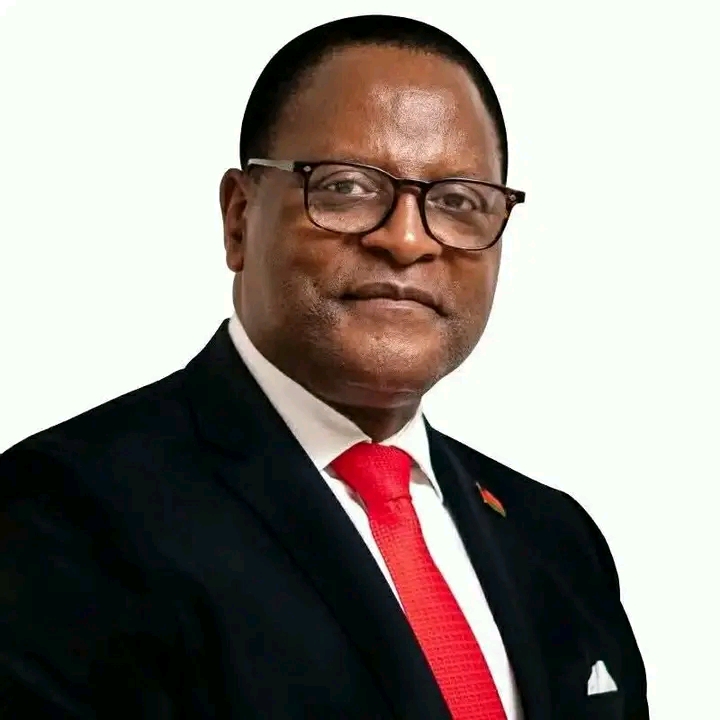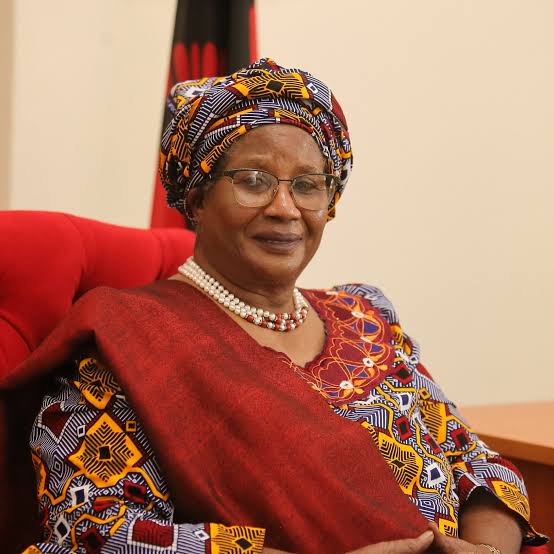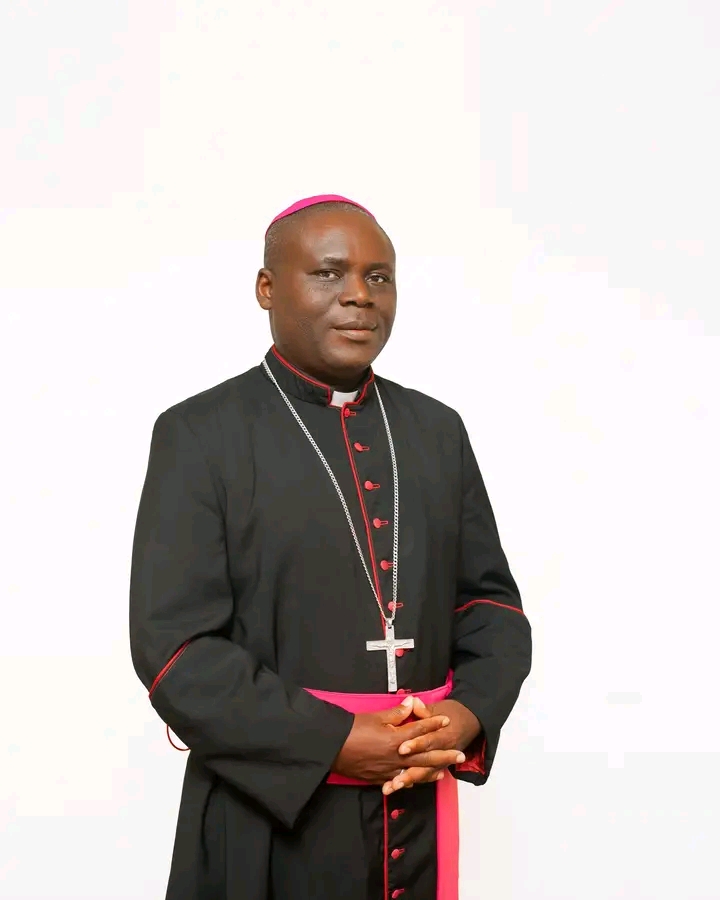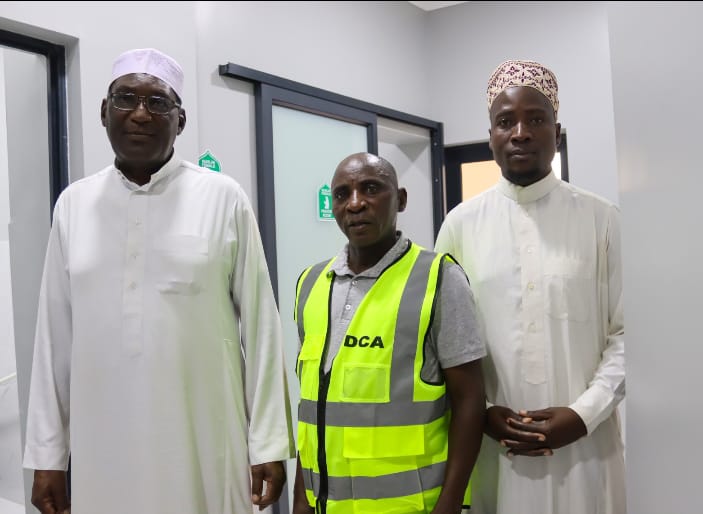By Burnett Munthali
As Malawi continues to grapple with a crippling fuel crisis, the Alliance for Democracy (AFORD) has thrown its weight behind the upcoming demonstrations organized by the Center for Democracy and Economic Development Initiatives (CDEDI). In a bold and decisive statement signed by National Publicity Secretary Annie Amatulah Maluwa, AFORD has called for the resignation of key energy sector leaders, holding them accountable for their perceived failures in managing the crisis.
DPP endorses CDEDI’s demonstration
AFORD’s statement directly targets Minister of Energy Ibrahim Matola, Malawi Energy Regulatory Authority (MERA) Chief Executive Officer Henry Kachaje, and National Oil Company of Malawi (NOCMA) CEO Clement Kanyama. The party accuses these leaders of failing to mitigate the country’s fuel shortages, resulting in untold suffering for Malawians.
AFORD endorses demonstrations against energy sector mismanagement
The statement highlights their collective inability to ensure a stable fuel supply, which has led to long queues at filling stations, increased transportation costs, and widespread disruptions in daily life. AFORD argues that these failures demonstrate a lack of accountability and leadership, warranting their immediate resignation to restore public trust in the energy sector.
UTM Joins CDEDI’s demonstrations
In solidarity with CDEDI, AFORD has endorsed the mass demonstrations scheduled for Monday, November 25, 2024. These protests aim to amplify public frustration and demand accountability from the government and its institutions. According to Maluwa, the demonstrations represent a pivotal moment for Malawians to reclaim their voice and push for change.
“The power to shape our nation’s destiny lies within us. Let us seize this moment in our quest for change and create a progressive Malawi,” reads the statement, reflecting a rallying cry for unity and action.
Namiwa Calls for Unity and Action
AFORD’s statement not only underscores the gravity of the fuel crisis but also emphasizes the broader issue of governance in Malawi. By demanding the resignation of Matola, Kachaje, and Kanyama, the party is calling for a leadership overhaul in the energy sector. This move aligns with growing public sentiment that leaders must be held accountable for failures that impact the lives of ordinary citizens.
The resignation of these officials, AFORD argues, is essential to pave the way for more competent leadership capable of resolving the crisis and implementing sustainable energy policies. Such actions, the party suggests, would mark a significant step toward restoring confidence in Malawi’s institutions.
The ongoing fuel crisis has taken a heavy toll on Malawi’s economy and society. From disrupted supply chains to soaring transportation costs, the ripple effects of the shortages are felt across all sectors. Small businesses, which rely heavily on transportation, have been particularly hard-hit, with many struggling to stay afloat. The crisis has also exacerbated inflation, further straining the purchasing power of Malawians.
For ordinary citizens, the crisis manifests in long, frustrating hours spent in fuel queues, higher costs of goods and services, and a general sense of despair over the government’s inability to provide solutions. It is this frustration that AFORD and CDEDI seek to channel into a powerful call for change through the upcoming demonstrations.
As November 25 approaches, the eyes of the nation will be on the demonstrations and the government’s response. Will the protests lead to the resignations demanded by AFORD and CDEDI? Or will they merely add to the growing list of grievances against the administration?
What is clear is that the fuel crisis has become a litmus test for Malawi’s leadership. The ability—or inability—of those in power to address this issue will shape public perception and influence the political landscape ahead of the 2025 general elections.
AFORD’s endorsement of the CDEDI-led demonstrations signals a significant escalation in public discontent with Malawi’s energy sector management. By demanding accountability and encouraging Malawians to take to the streets, the party is positioning itself as a champion of transparency and effective governance.
As Malawians prepare to march on November 25, the stakes are high. The outcome of these demonstrations could mark a turning point in the nation’s quest for accountability and progress.
- Malawi’s 2025 Presidential showdown: Is Chakwera still the answer or is it time for Mutharika’s return?
- Mukhito pledges transformation for Lilongwe City Centre if DPP returns to power
- Kalindo says Malawi is a country of shame
- Kamlepo Kalua claims Malawians are not against Chakwera
- Chimwemwe Idana Bids Farewell to Silver Strikers, Set for Zanaco FC Move









